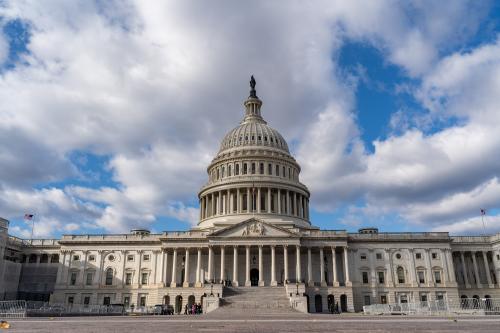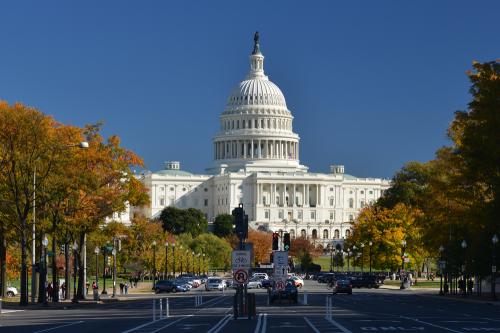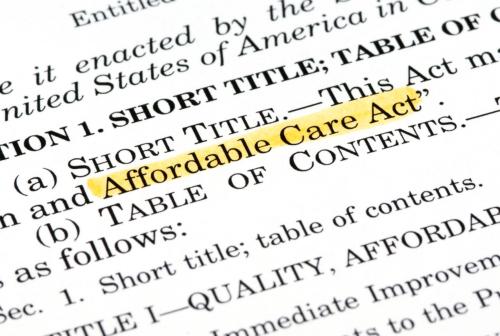The authors submitted this comment letter to the Departments on January 2, 2024.
Loren Adler and Matthew Fiedler commented on the “Federal Independent Dispute Resolution Operations” proposed rule issued by the Departments of Health and Human Services, Labor, and the Treasury and the Office of Personnel Management (henceforth, the Departments). They make two main points about the Departments’ independent dispute resolution (IDR) proposals:
- The Departments are appropriately focused on reducing the number of ineligible IDR submissions, which serve no useful purpose but do generate substantial administrative costs. Proposals to require more information-sharing between providers and insurers, standardize and centralize how information is shared, and increase the costs borne by filers of ineligible disputes will likely reduce such submissions, perhaps substantially.
- Many of the Departments’ proposals will also reduce the cost of filing and adjudicating eligible disputes. Notably, smoothing information exchange will likely reduce providers’ costs of submitting such disputes, while also reducing the costs that IDR entities and the federal government incur to make eligibility determinations, facilitating reductions in IDR fees. Allowing broader batching of related services will have similar effects.
While reducing the cost of IDR is desirable—holding all else equal—changes like this may also encourage greater use of IDR, at least partially offsetting any savings from reducing the costs incurred per disputed service. The Departments’ proposed changes may also disproportionately reduce the costs that providers bear in IDR, which may give providers more leverage in negotiations with insurers and raise negotiated prices.
On balance, these considerations lead the authors to strongly favor the Departments’ proposals to increase the costs borne by entities that file ineligible disputes but lead them to be more cautiously supportive of the Departments’ other proposals. They also write that, even with these proposals, the IDR process will likely continue to generate substantial administrative costs, so it would be better to use a different system to determine out-of-network payment, although this would require Congressional action.
-
Acknowledgements and disclosures
The Brookings Institution is financed through the support of a diverse array of foundations, corporations, governments, individuals, as well as an endowment. A list of donors can be found in our annual reports published online here. The findings, interpretations, and conclusions in this report are solely those of its author(s) and are not influenced by any donation.








Commentary
Comments on federal independent dispute resolution operations in the No Surprises Act
January 3, 2024